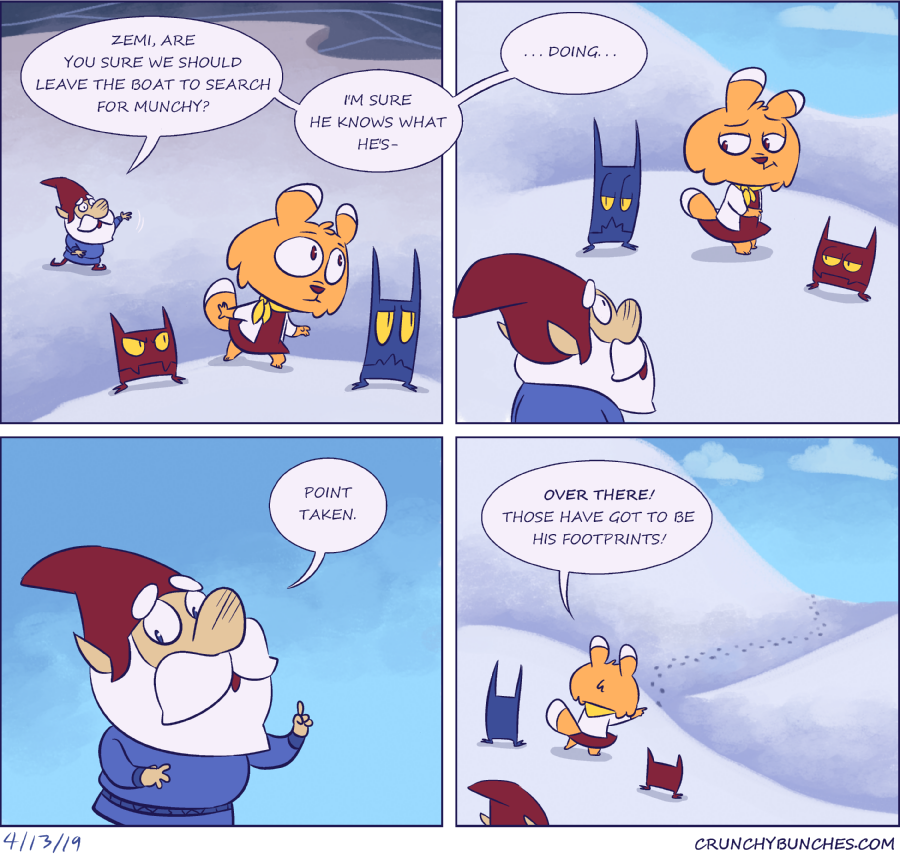

The press, in general, broadcast this information with little scrutiny. Whether overtly or through leaks, the administration, which was otherwise so devoted to secrecy, freely disseminated pieces of incriminating information to the public without caveats or dissents, no matter how unreliable or unsubstantiated. Much of it is telling the Defense Department what they want to hear… They make no distinction between intelligence and propaganda, using alleged informants and defectors who say what Chalabi wants them to say, cooked information that goes right into presidential and vice-presidential speeches.” There were even instances of translators supplied by the INC who slanted stories by altering meaning in translation. “ The intelligence isn’t reliable at all,” said Vincent Cannistraro, a former CIA official and counterterrorism expert. Almost all of this INC information was later determined to be worthless. Much of the information it disseminated came from the Iraqi National Congress (INC), an Iraqi political exile group, headed by Ahmad Chalabi, that had a clear agenda of wanting the U.S. This unit – which was later reprimanded by the Pentagon’s Inspector General as “inappropriate” – was extremely influential within the administration as it ventured into gathering and interpreting intelligence on its own, as well as instrumental in critiquing and belittling the work of other intelligence agencies. Indicative of the administration’s emphasis on constructing a case for war was the creation of a new quasi-intelligence apparatus called the Office of Special Plans within the Defense Department. They used sources of questionable reliability, including detainees interrogated under harsh conditions, who had a strong incentive to tell interrogators what they wanted to hear in order to gain favorable treatment. They “shopped” for the information they wanted. Small, poorly substantiated details were given significance as “dots” to be connected into some overall pattern. They fast-tracked reports through channels without thorough evaluation of details and sources. They pressured the CIA to come up with intelligence that supported their policies. To bolster its case for war in Iraq, policymakers “cherry-picked” the intelligence, selecting information that supported their position while discounting or ignoring that which didn’t. strategy meetings, known as the Downing Street memo, revealed that “the intelligence and facts were being fixed around the policy” – a policy for war which had already been decided upon. Time and again, significant details were presented as factual and well-sourced, only to be fully discredited later. Key allegations such as aluminum tubes for nuclear centrifuges, yellowcake uranium from Niger, mobile weapons labs, Mohamed Atta’s meeting Iraqi intelligence in Prague, and numerous other allegations have been chronicled as notorious falsehoods, even fabrications. The administration made claims that were often unreliable and flawed by manipulations, fabrications and exaggerations. In its eagerness to justify and build public support for war in Iraq, the Bush administration set out to collect and make public all the incriminating evidence it could gather, no matter how flimsy or unsubstantiated.


 0 kommentar(er)
0 kommentar(er)
